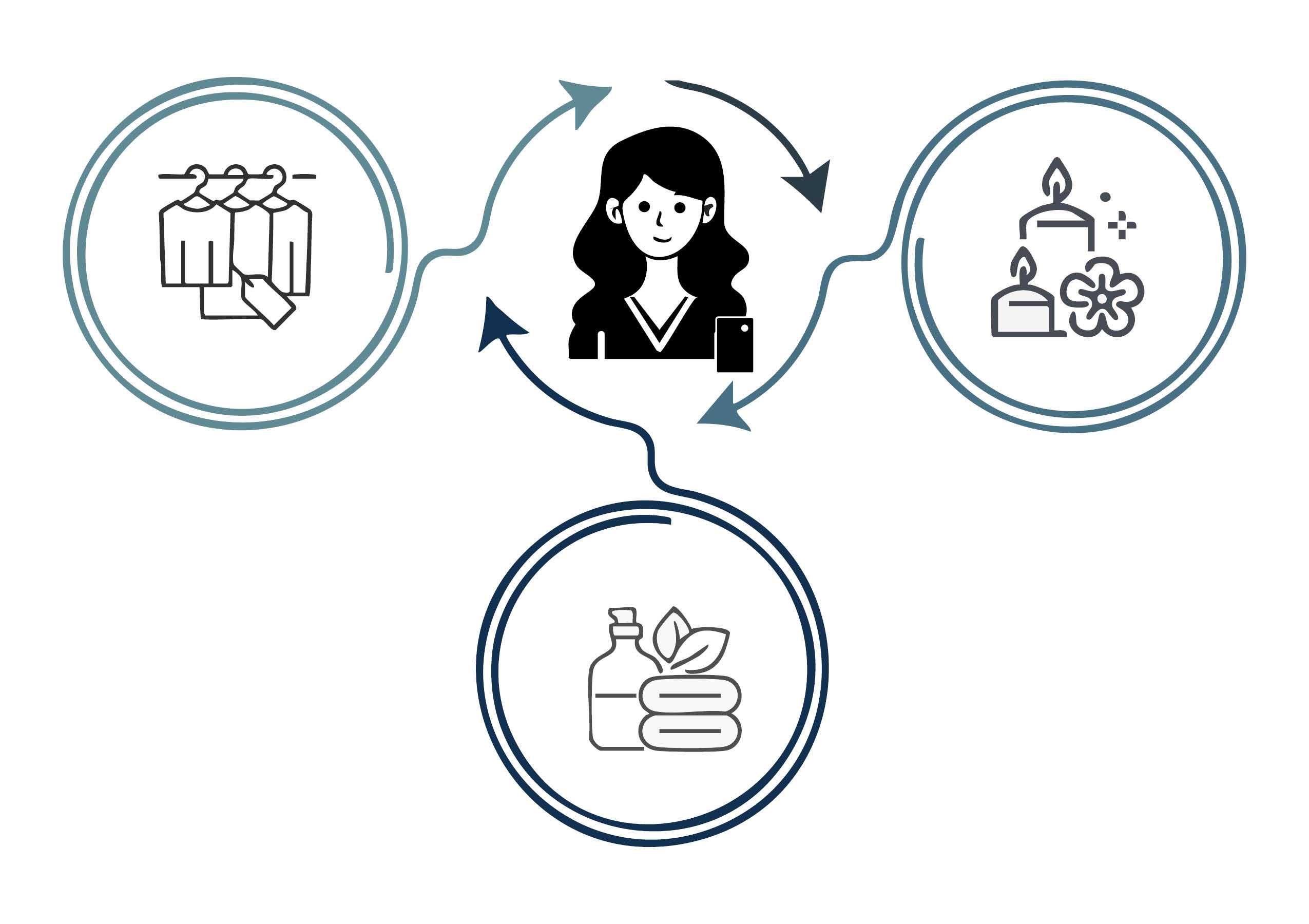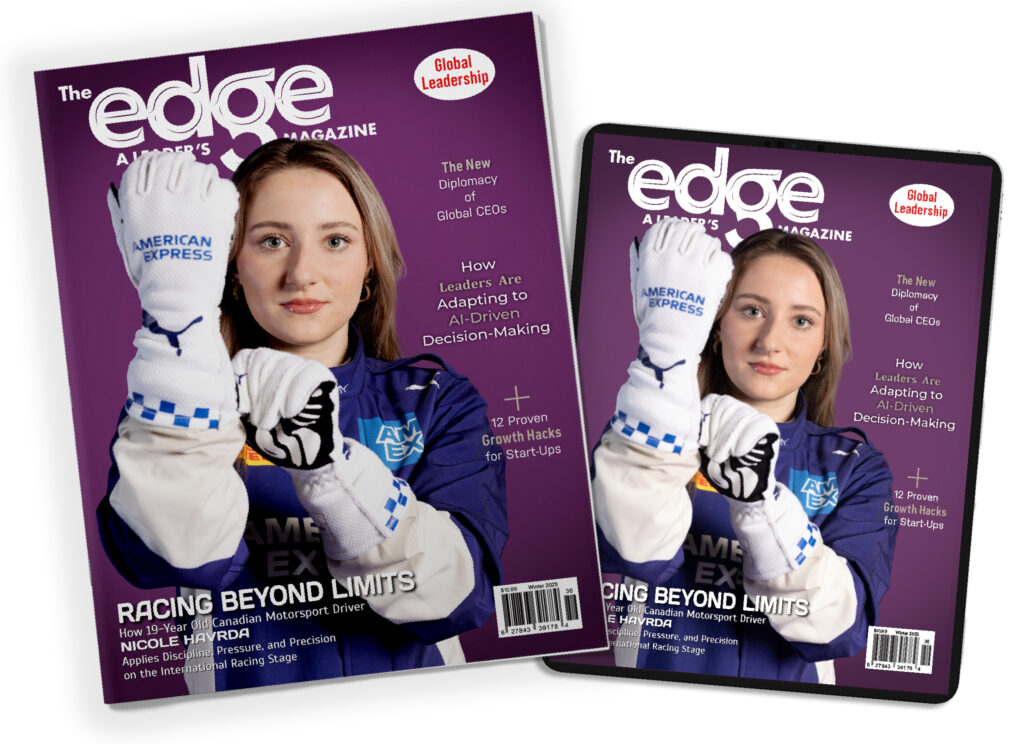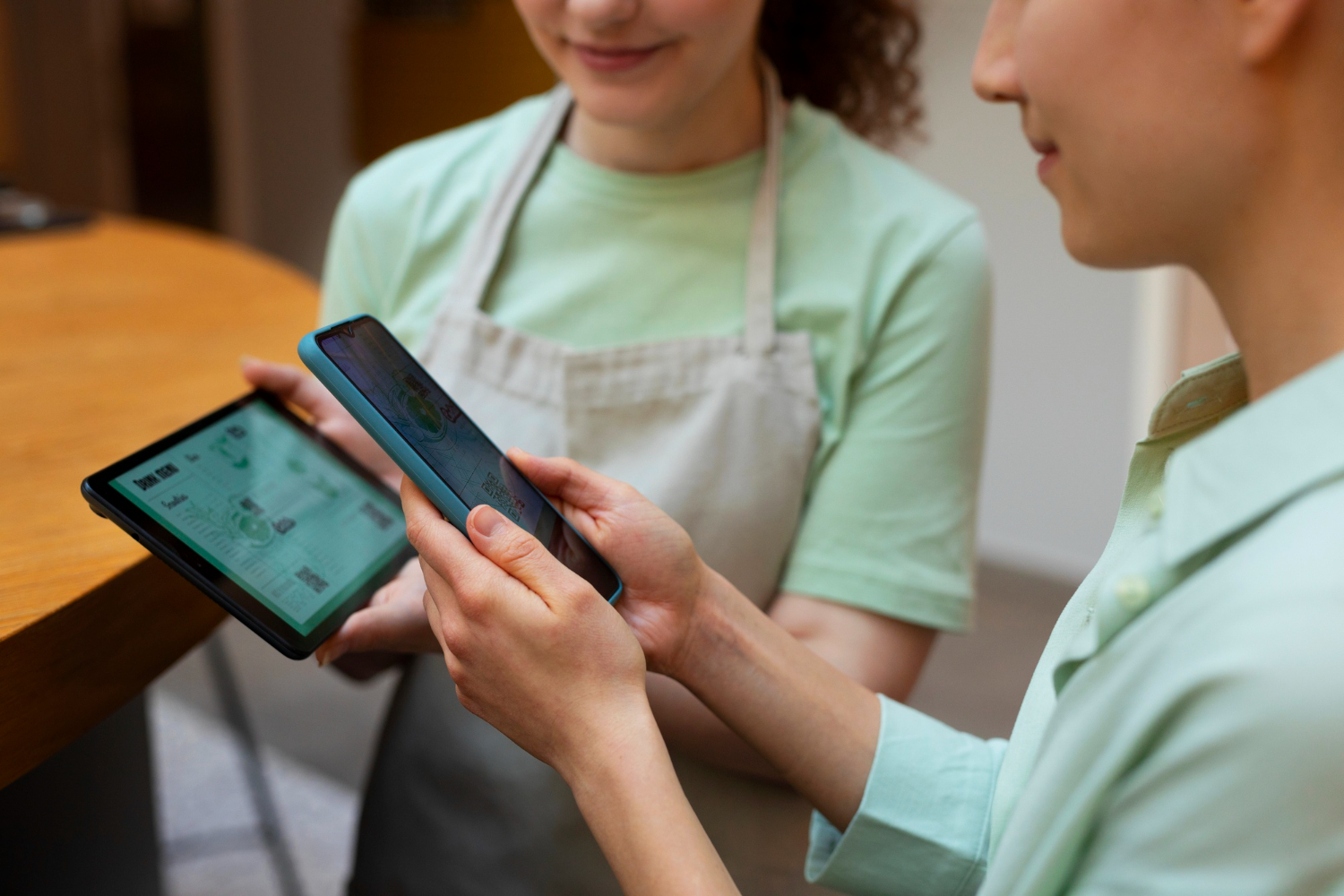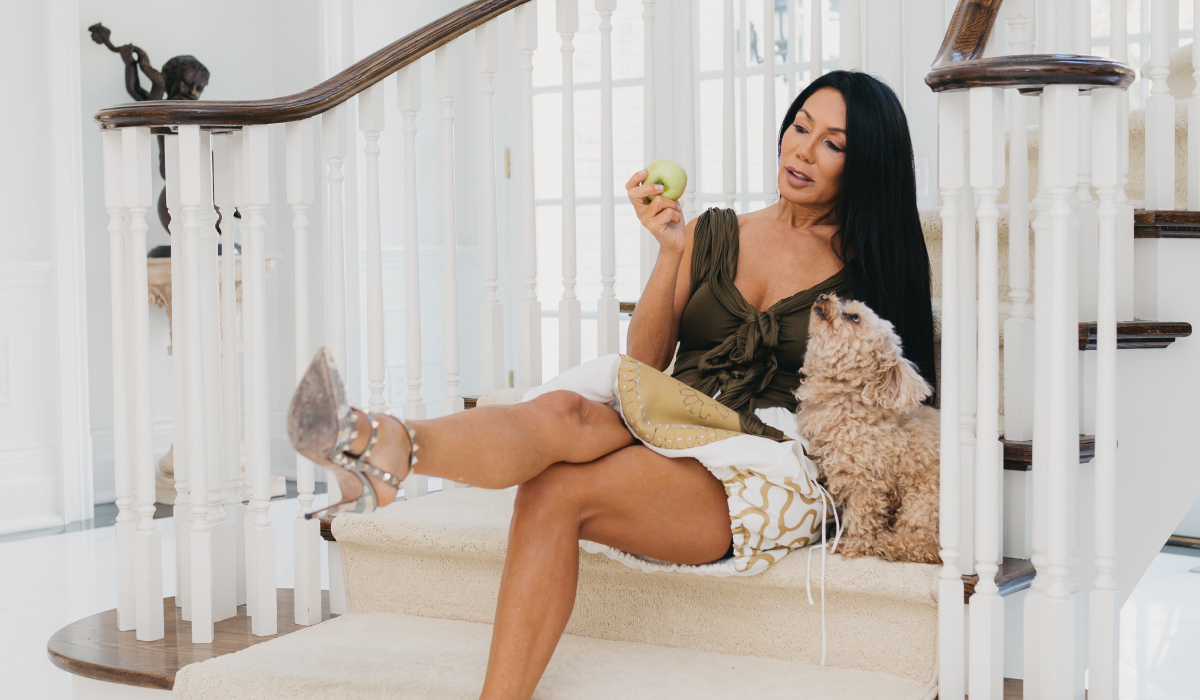From fashion and beauty to lifestyle and wellness, women consistently turn to influencers for advice, inspiration, and recommendations. But what makes influencers so impactful in connecting with this demographic? Let’s study the psychological, social, and marketing dynamics behind their effectiveness.
Trust and Relatability
Many women get drawn to influencers who appear authentic and relatable. Unlike traditional advertising, where celebrities promote products in polished, scripted formats, influencers create content that feels genuine. For example, a beauty influencer sharing her skincare journey resonates more deeply than a traditional ad campaign, as followers perceive her as a peer rather than a distant figure. Influencers foster trust by sharing personal stories and demonstrating product use in everyday settings, making women more likely to take their recommendations seriously.
Emotional Connection
Influencers often cultivate tight-knit communities by consistently engaging with their followers through comments, live streams, and personalized messages. Women who statistically value social connection and community support feel a sense of belonging in these digital spaces. For instance, influencers who respond to their followers’ struggles or celebrate their achievements foster loyalty and emotional investment. Women are more likely to follow influencers whose values align with theirs, whether body positivity, sustainability, or empowerment. This connection encourages followers to adopt their suggestions with confidence.
Niche Expertise
Some influencers focus on specific niches, such as fitness, parenting, fashion, or mental health, creating highly targeted content that appeals to particular interests. This specialization allows influencers to position themselves as field experts, enhancing their credibility. For example, a wellness influencer providing detailed meal plans or fitness routines becomes a trusted source of advice. Women, who often seek tailored solutions, gravitate toward influencers who offer content designed to meet their unique needs. Studies show that 86% of women use social media for product recommendations, emphasizing their value of informed opinions.
Peer Effect
Word-of-mouth marketing has always been influential; influencers act as digital extensions of this phenomenon. Women often view influencers as trusted friends whose recommendations hold more weight than traditional advertisements. For instance, when a fashion influencer shares a photo FOMO and Social Proof of someone wearing a dress, and explains why it suits different body types, it creates an authentic endorsement that resonates with followers. Platforms like Instagram, YouTube, and TikTok amplify this effect, as visual demonstrations and testimonials bring products to life in a relatable way.
Visual Appeal
Women tend to respond positively to visually appealing content, and influencers excel at creating aesthetically pleasing posts, videos, and stories. From curated Instagram feeds to cinematic YouTube videos, influencers use compelling visuals to enhance the allure of their recommendations. For example, a travel influencer sharing a beautifully shot video of a luxury resort does more than advertise a destination; it tells a story that inspires viewers to imagine themselves there. Storytelling amplifies this impact, as narratives about personal experiences make the content memorable and persuasive.
Inclusive Inspiration
Many influencers champion diversity and inclusivity, showcasing a range of body types, skin tones, and lifestyles. This representation resonates with women who often feel underrepresented in mainstream media. For example, when an influencer promotes a beauty brand like Fenty Beauty, which offers products for all skin tones, it inspires women to feel seen and valued. Seeing someone who “looks like them” endorsing a product builds confidence and fosters a stronger connection to the brand, driving purchasing decisions.
FOMO and Social Proof
Influencers create a sense of urgency and desirability around products through limited-time offers, giveaways, and trending items. Women who are active participants in online communities may experience FOMO (fear of missing out) when their favourite influencers showcase must-have products. For instance, when a popular lifestyle influencer shares a sold-out handbag or a new beauty product that everyone is raving about, it motivates followers to act quickly. The likes, shares, and comments on these posts serve as social proof, further reinforcing the product’s appeal.
Interactive Engagement
Unlike traditional advertising, influencer marketing invites real-time interaction, which appeals to women consumers. Influencers frequently host live Q&A sessions or respond to comments where they answer questions about the products they endorse. For example, a skincare influencer demonstrating how to apply a serum while addressing follower questions builds trust and credibility. Women value this direct communication, which makes them feel heard and supported. Sharing user testimonials or personal experiences with a product further enhances this two-way interaction, empowering women to make informed choices.
Cultural Trendsetting
Influencers are often at the forefront of cultural conversations, making their content highly relevant to women who seek to stay updated on the latest styles, products, or social movements. For instance, influencers champion sustainability by promoting eco-friendly products or collaborating with brands supporting charitable causes that resonate strongly with their followers. Women who actively participate in conversations about cultural shifts find influencers to be powerful advocates for meaningful values. As digital platforms evolve, so will the strategies that make influencers integral to the consumer journey.
Rebekkah Nembhard | Contributing Writer


















